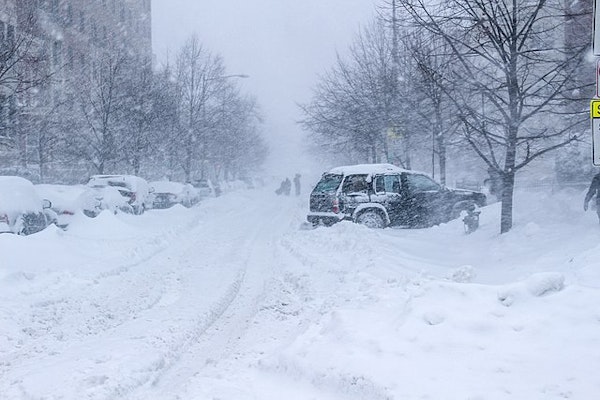
More Winter Storms Target Midwest, Northeast After $38B Blizzard Losses
New snow, ice, Arctic air, and potential flooding could generate fresh property and auto claims just days after a multibillion-dollar blizzard.
February 25
Auto
Catastrophe
Property
Risk Management
Underwriting
Illinois
Indiana
Iowa
Massachusetts
Michigan
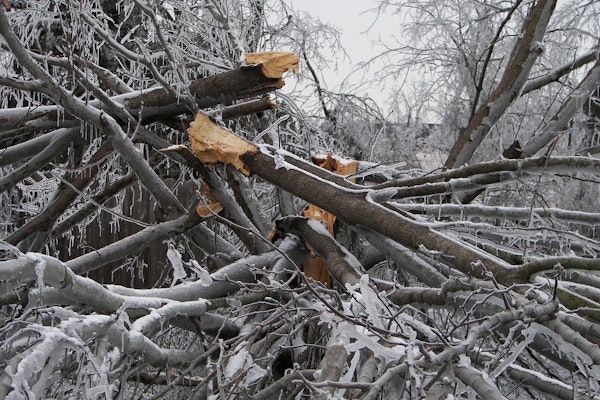
Winter Storm Fern Poised to Drive Billion-Dollar Insured Losses Across 34 States
Prolonged ice, power outages, and lingering cold raise concerns over property damage, frozen pipes, and business interruption claims across much of the US.
January 26
Catastrophe
Insurance Industry
Property
Risk Management
District Of Columbia
Louisiana
Mississippi
New York
Tennessee

Ice Storm Strains US Power Grids as Blackout Risks Rise From Texas to New England
Grid operators warn of record winter demand and prolonged outages as ice damage, extreme cold, and emergency measures collide across multiple regions.
January 26
Auto
Catastrophe
Insurance Industry
Legislation & Regulation
Property
Connecticut
District Of Columbia
Illinois
Louisiana
Maine

Why Casualty Claims Are Harder to Settle in 2026 Despite Market Stabilization
Rates may be leveling off, but jury behavior, litigation funding, and documentation demands continue to drive claim severity and settlement complexity heading into 2026.
January 12
Auto
Insurance Industry
Liability
Litigation
Property
California
Illinois
New York
Texas

New York Regulates Litigation Funding and Expands Fraud Discovery
A new statute regulating consumer litigation funding and a key appellate ruling expanding discovery reshape fraud defenses and transparency in New York claims.
January 8
Fraud
Insurance Industry
Legislation & Regulation
Litigation
New York
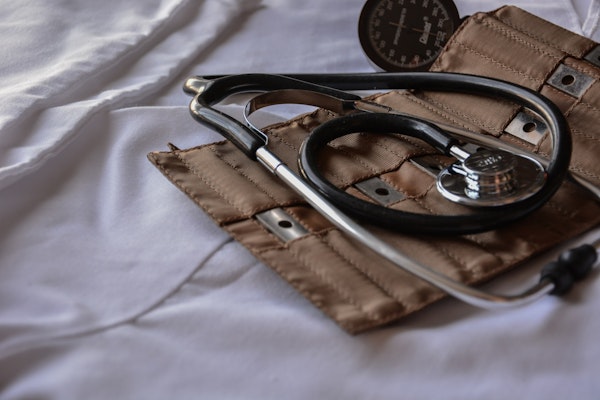
GEICO Sues Over $2.7M Medical Equipment Fraud Tied to Kickbacks
Insurer accuses two Brooklyn-based suppliers of billing for unnecessary and undelivered medical equipment through a kickback-fueled fraud scheme. The lawsuit seeks to block $2M in pending no-fault claims.
December 15, 2025
Fraud
Insurance Industry
Legislation & Regulation
New York

Most US Homes at Risk of Underinsurance Despite High Policyholder Confidence
A new survey finds most homeowners believe they’re fully covered for disasters like floods and wildfires, but industry data shows many lack essential protections.
December 12, 2025
Catastrophe
Education & Training
Insurance Industry
Property
Risk Management
Arizona
California
Florida
Louisiana
Nevada
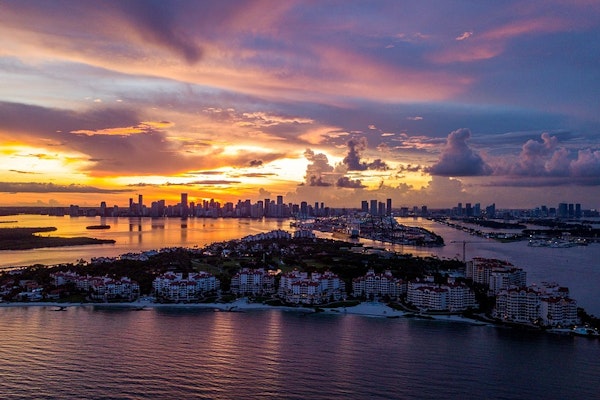
Rising Ocean Temps to Drive Massive Insured Losses From Cat 5 Hurricanes in Florida, East Coast
New research links a warming Atlantic to more extreme hurricane activity, with Florida, New York, and the Carolinas facing sharp increases in storm-driven insurance claims.
December 4, 2025
Catastrophe
Insurance Industry
Legislation & Regulation
Property
Risk Management
Florida
Massachusetts
New York
North Carolina
Rhode Island

State Farm’s Subrogation Bid Blocked by Insured’s Prior Court Victory
A landlord’s earlier courtroom success backfired when State Farm tried to subrogate the same fire loss against tenants, triggering judicial estoppel.
December 1, 2025
Litigation
Property
Subrogation
New York
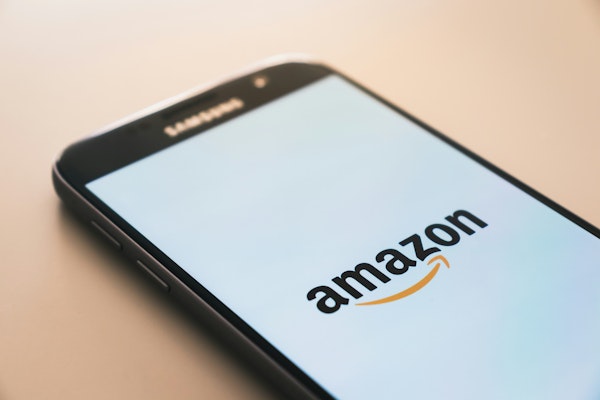
Federal Court Blocks New York Labor Law Targeting Amazon as NLRB Stalls
A federal judge halted New York’s attempt to fill a regulatory gap caused by a deadlocked NLRB, raising broader legal questions for employers navigating state-federal labor oversight.
December 1, 2025
Insurance Industry
Legislation & Regulation
New York

Homeowners’ Insurance Rate Filings Face Delays and Lower Approvals Nationwide
A new IRC study shows growing delays, lower-than-requested approvals, and rising use of residual markets, especially in states like California.
November 19, 2025
Insurance Industry
Legislation & Regulation
Property
Underwriting
California
New York

Airport Rental Car Theft Ring Stole 47 Vehicles Worth $1M in Syracuse
A former rental agency employee allegedly used insider access to steal and re-rent vehicles across Onondaga County. Most vehicles have been recovered, but some remain missing.
October 27, 2025
Auto
Fraud
Insurance Industry
Subrogation
New York

Nor’easter and Alaska Storm Trigger Claims Risks With Fatalities, Flooding, and Power Outages
Back-to-back coastal storms disrupt infrastructure and displace residents, with early season indicators of increased catastrophe activity this fall.
October 14, 2025
Catastrophe
Insurance Industry
Marine
Property
Risk Management
Alaska
Massachusetts
New Jersey
New York
North Carolina
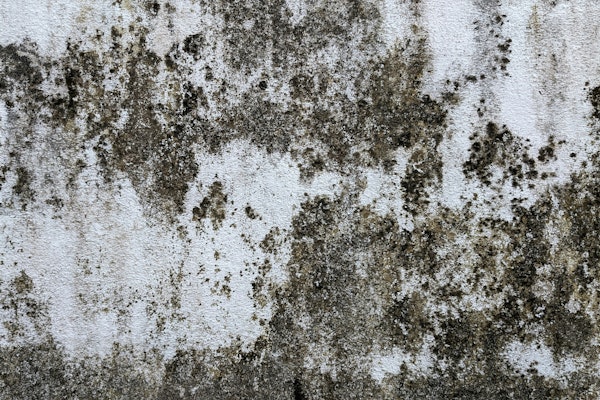
Mold, Disabilities, and the Fair Housing Act: Legal Risks for Landlords and Insurers
Mold-related health complaints tied to disability claims are putting landlords and insurers under legal scrutiny, with courts evaluating accommodation requests, tenant medical evidence, and habitability concerns.
October 8, 2025
Insurance Industry
Legislation & Regulation
Life & Health
Property
Connecticut
Iowa
New York
Virginia
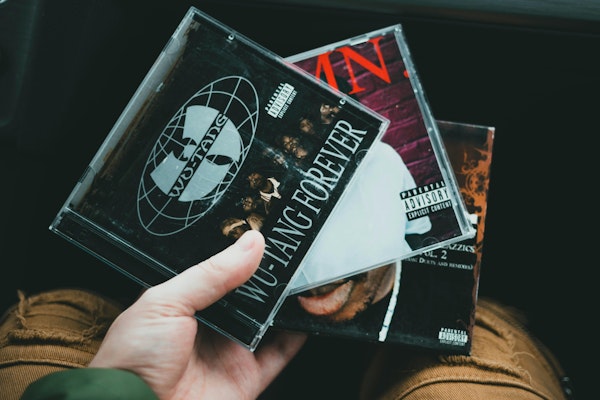
Martin Shkreli Faces Lawsuit Over Copying Rare Wu-Tang Clan Album
A federal judge ruled that Martin Shkreli must face a lawsuit from PleasrDAO over allegedly copying and streaming the rare Wu-Tang Clan album ‘Once Upon a Time in Shaolin.’
September 29, 2025
Insurance Industry
Litigation
Risk Management
Technology
New York




